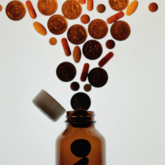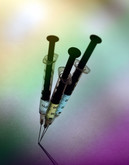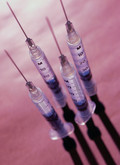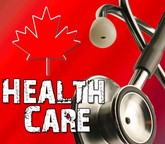Biosimilars/General
|
Posted 22/10/2021
Experts from the steering committees of the Argentinian Society of Gastroenterology (SAGE), the Argentinian Federation of Gastroenterology (FAGE) and the Argentinian Group of Crohn's Disease and Ulcerative Colitis (GADECCU) have issued a joint position regarding the practical conditions for the clinical use of biosimilars indicated for inflammatory bowel diseases (IBDs), by discussing the most notable aspects related to the definition of a biosimilar drug, bio-similarity, non-comparable biological drugs or ‘intended copies’, approval requirements, extrapolation of indications, interchangeability, automatic substitution, non-medical switching, nomenclature, clinical standards regarding safety and efficacy, implementation of an efficient and appropriate pharmacovigilance system and the potential economic impact on the healthcare system [1].

































